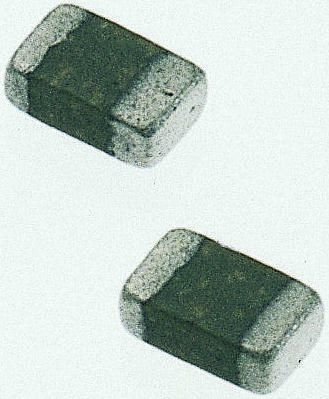B57352V
0603 NTC thermistors with various resistances
Manufacturer: epcos
series introduction
The B57352V Series is a collection of thermistors designed for precise temperature measurement and control, ideal for a wide range of applications in various industries. These NTC (Negative Temperature Coefficient) thermistors are characterized by their exceptional sensitivity and stability, making them suitable for environments requiring accurate thermal management. The B57352V Series features a compact design with a glass encapsulation, which provides reliable protection against environmental factors while ensuring fast thermal response times.
One of the standout features of the B57352V Series is its high resistance range and impressive temperature coefficient, allowing for reliable temperature readings across a broad spectrum. These thermistors exhibit a resistance value that decreases significantly with increasing temperature, enabling precise temperature detection and control for a variety of electronic systems. Moreover, the series is available in various resistance values at 25°C, catering to diverse application requirements.
The B57352V Series is particularly well-suited for applications in consumer electronics, HVAC systems, automotive temperature monitoring, and industrial automation. In consumer electronics, these thermistors can be employed in devices such as refrigerators, air conditioners, and temperature-sensitive gadgets, ensuring optimal performance and energy efficiency. In the automotive sector, they play a crucial role in engine temperature monitoring and climate control systems, enhancing vehicle reliability and comfort. Additionally, their robustness makes them an excellent choice for industrial equipment, where accurate temperature control is vital for operational efficiency and safety.
In conclusion, the B57352V Series thermistors offer a blend of excellent thermal sensitivity, compact design, and versatility, making them an ideal solution for applications that require precise temperature measurements and controls. Their reliable performance across various conditions positions them as essential components in modern electronic systems, contributing to enhanced functionality and efficiency in both consumer and industrial markets.
Images for reference

Image Preview

Image Preview

Image Preview